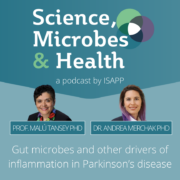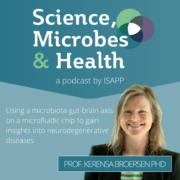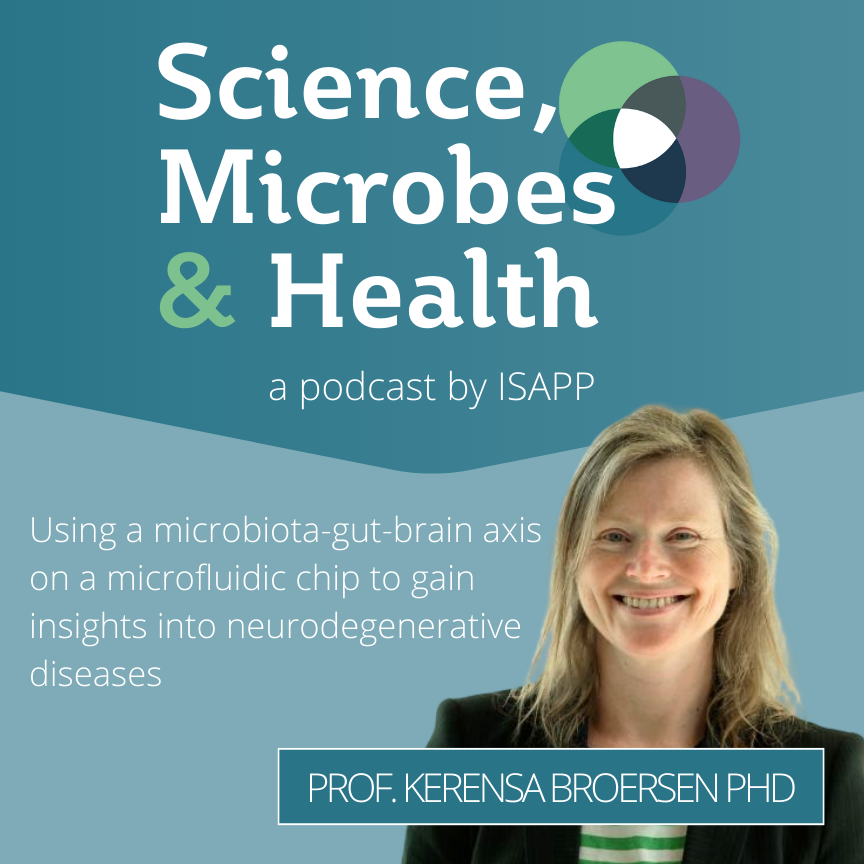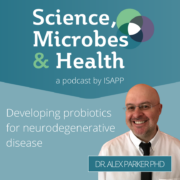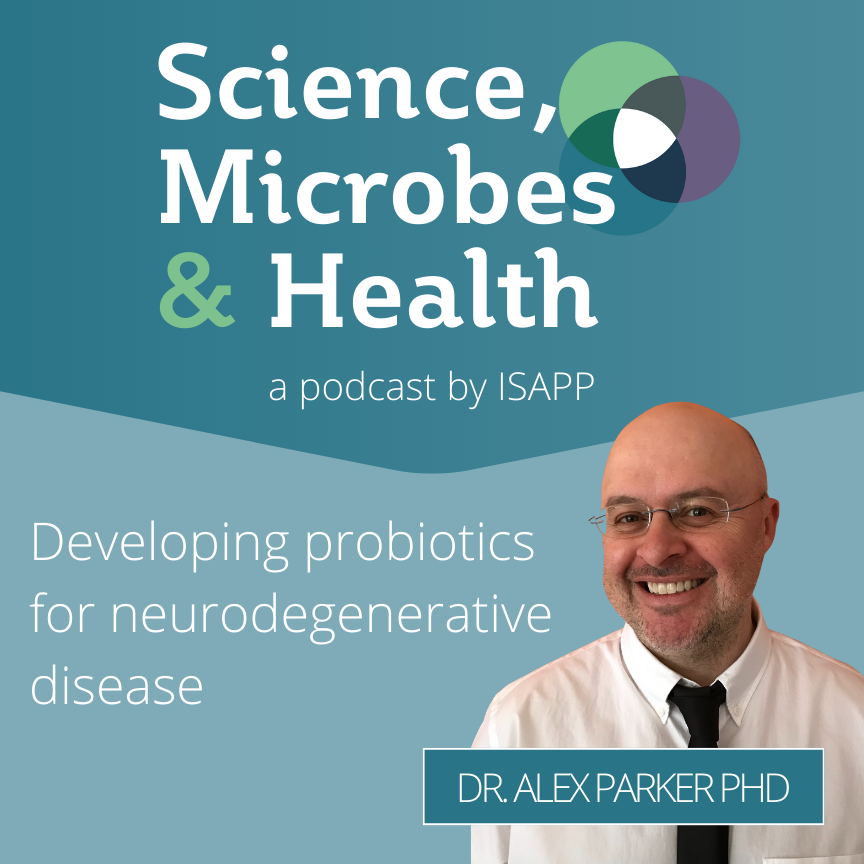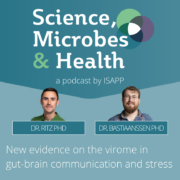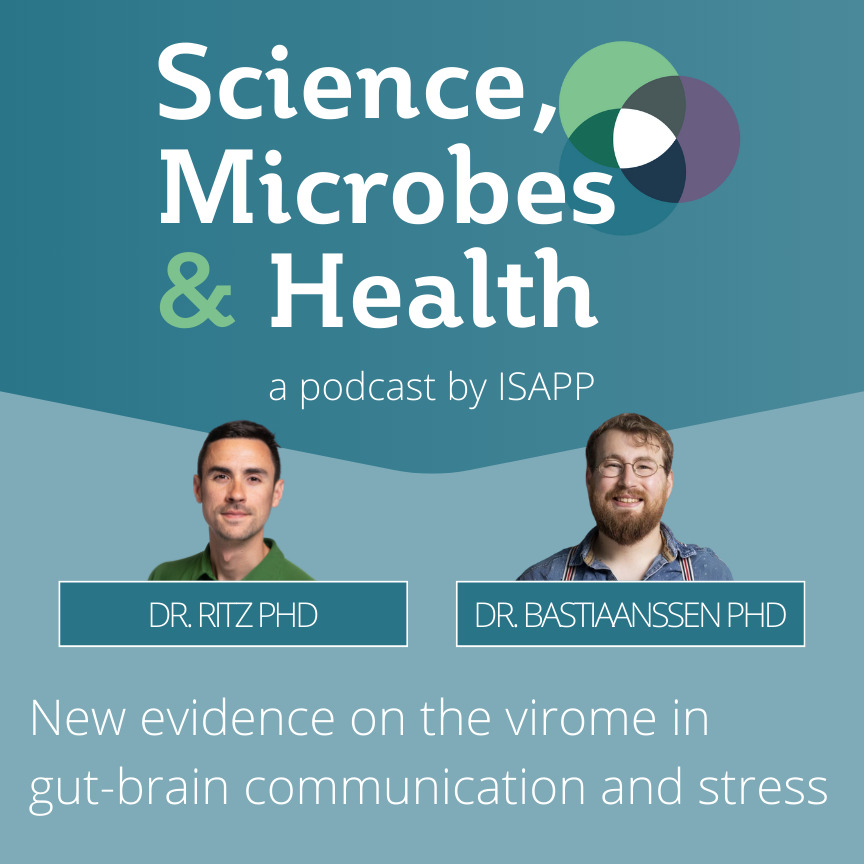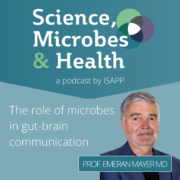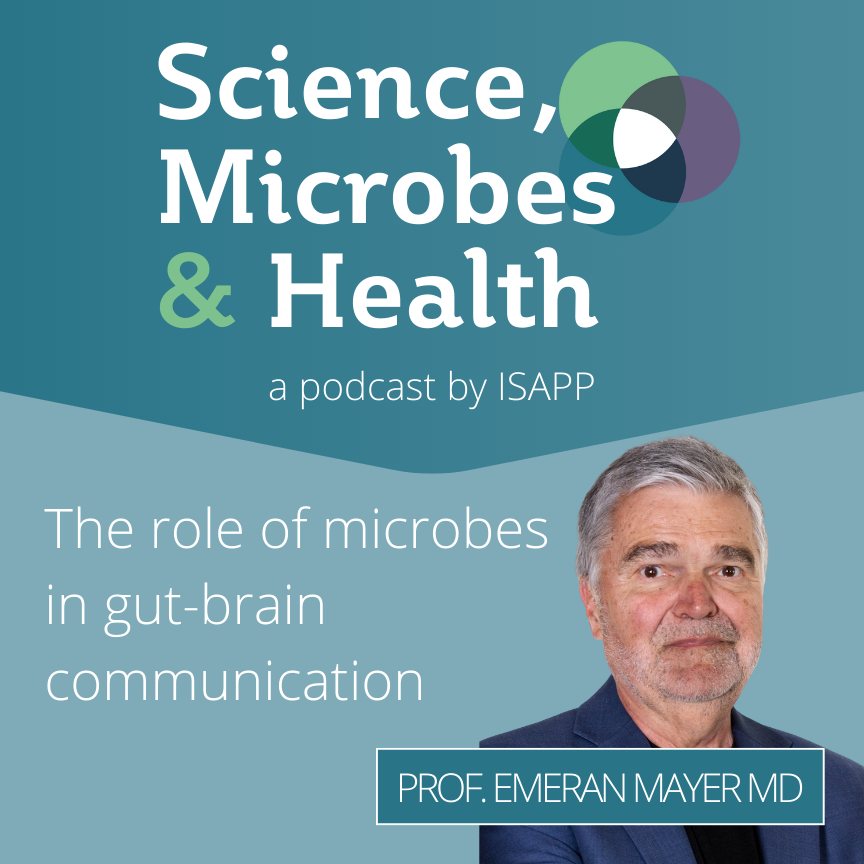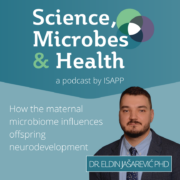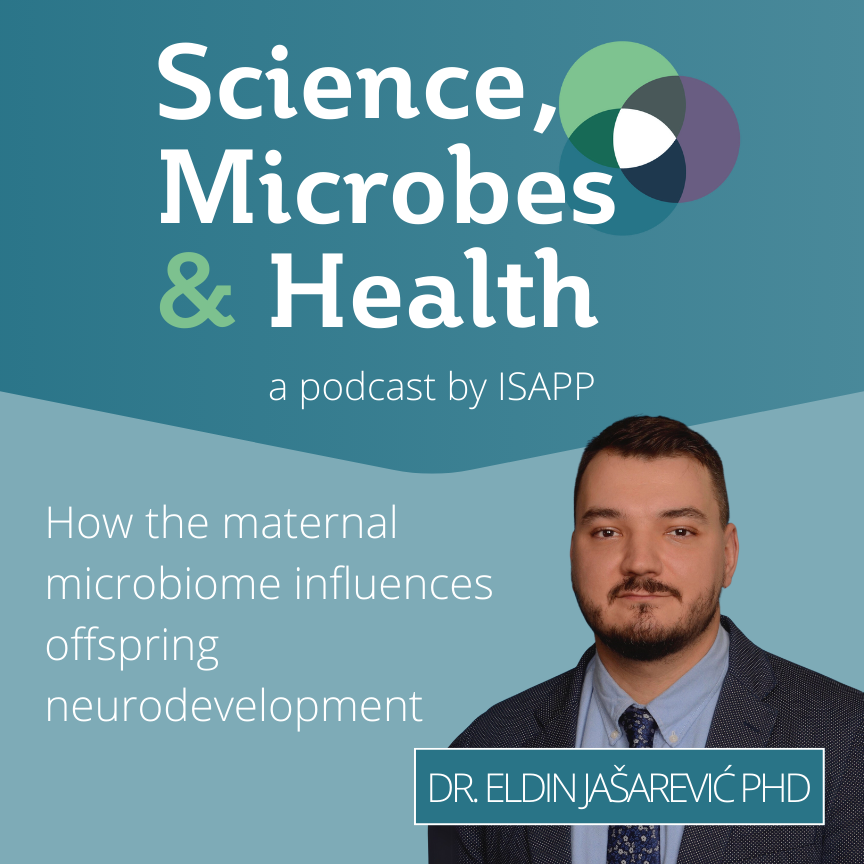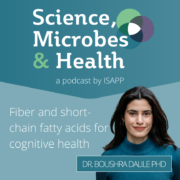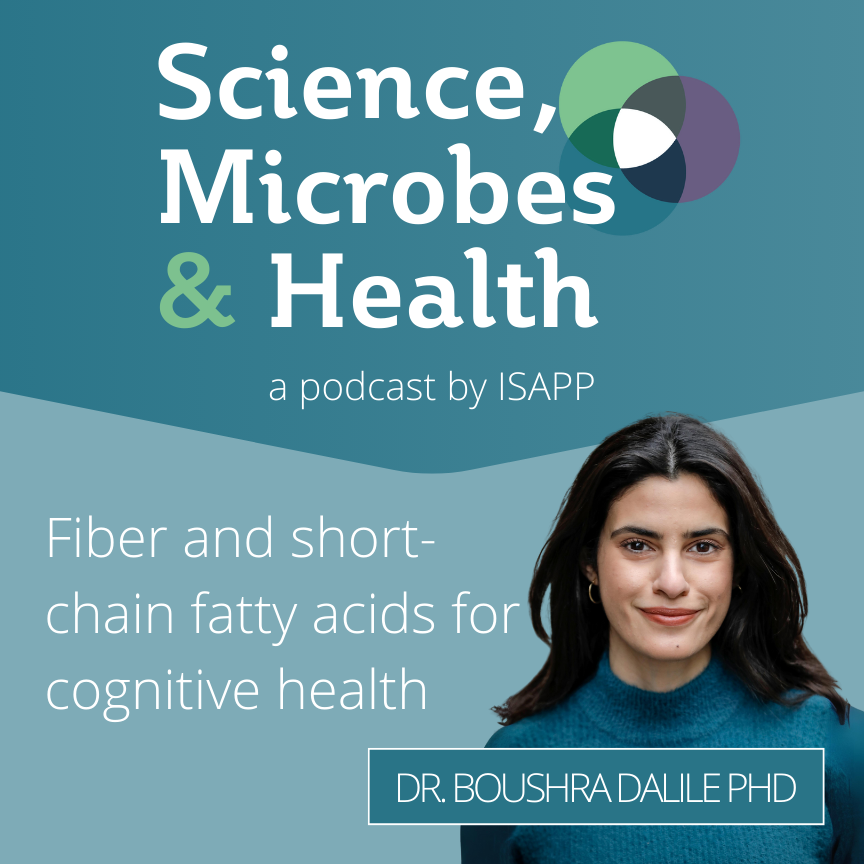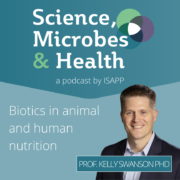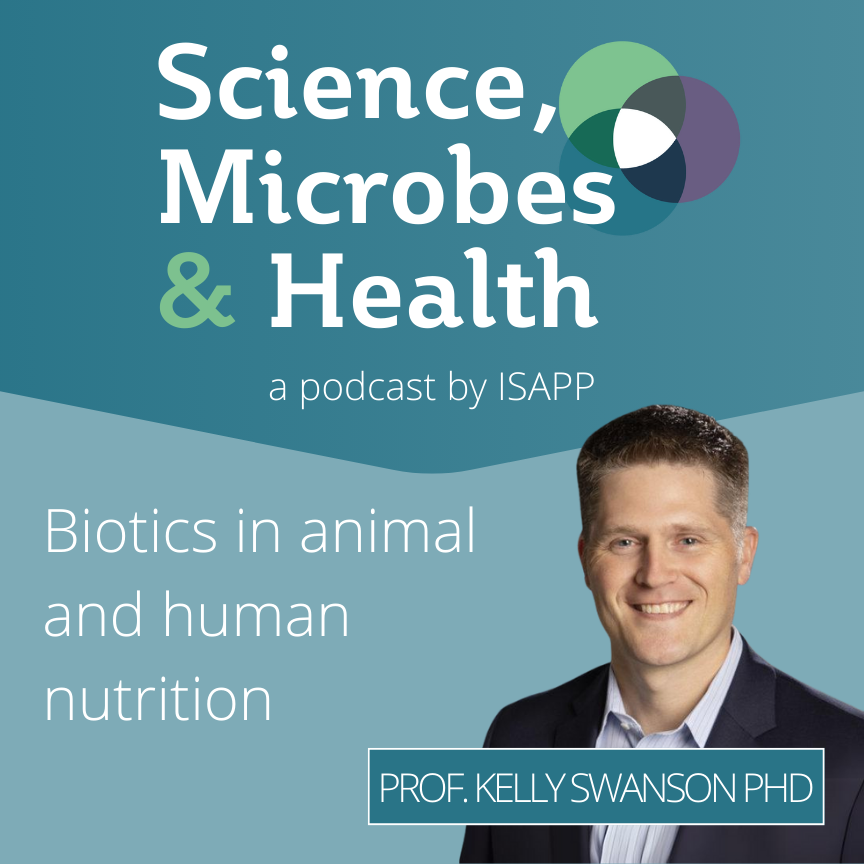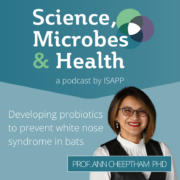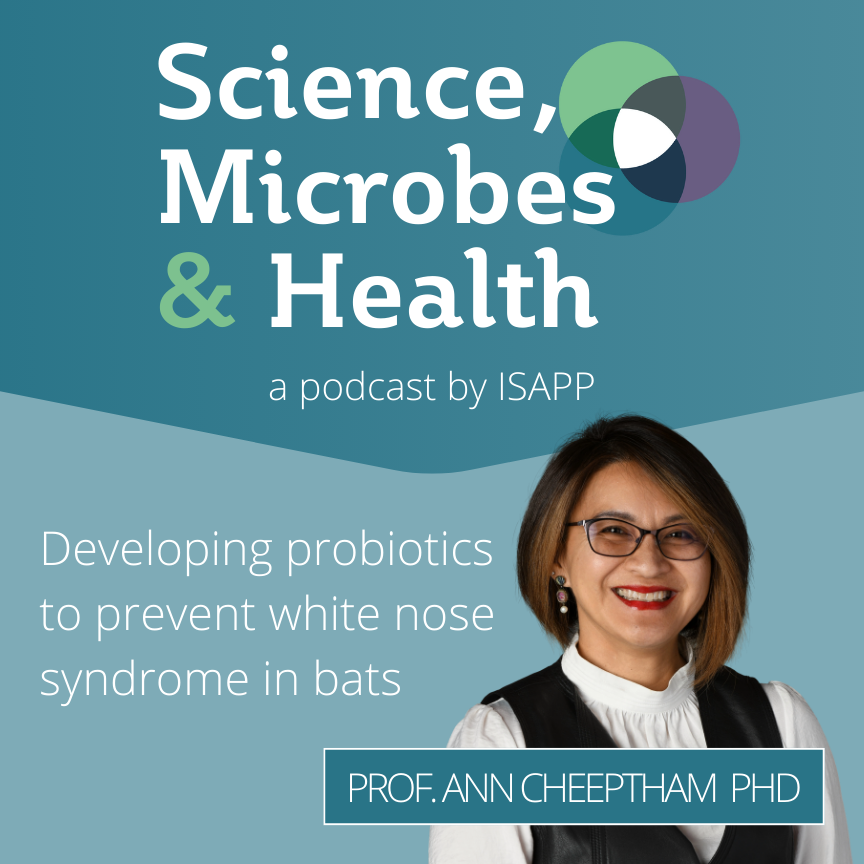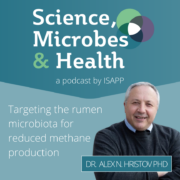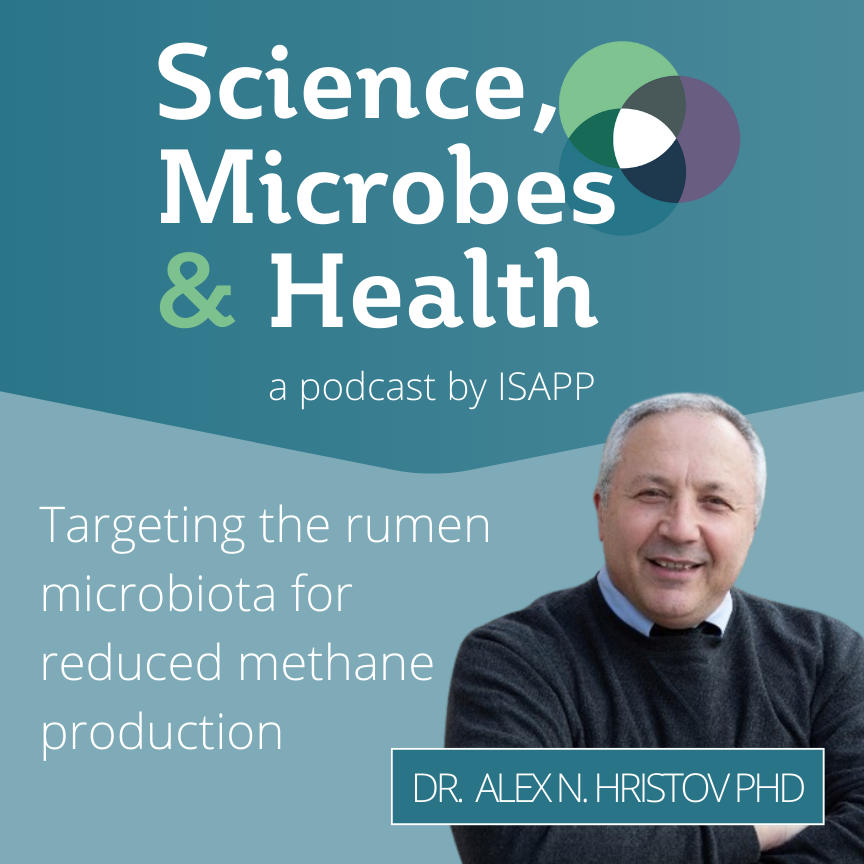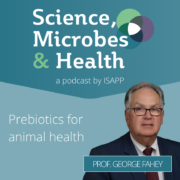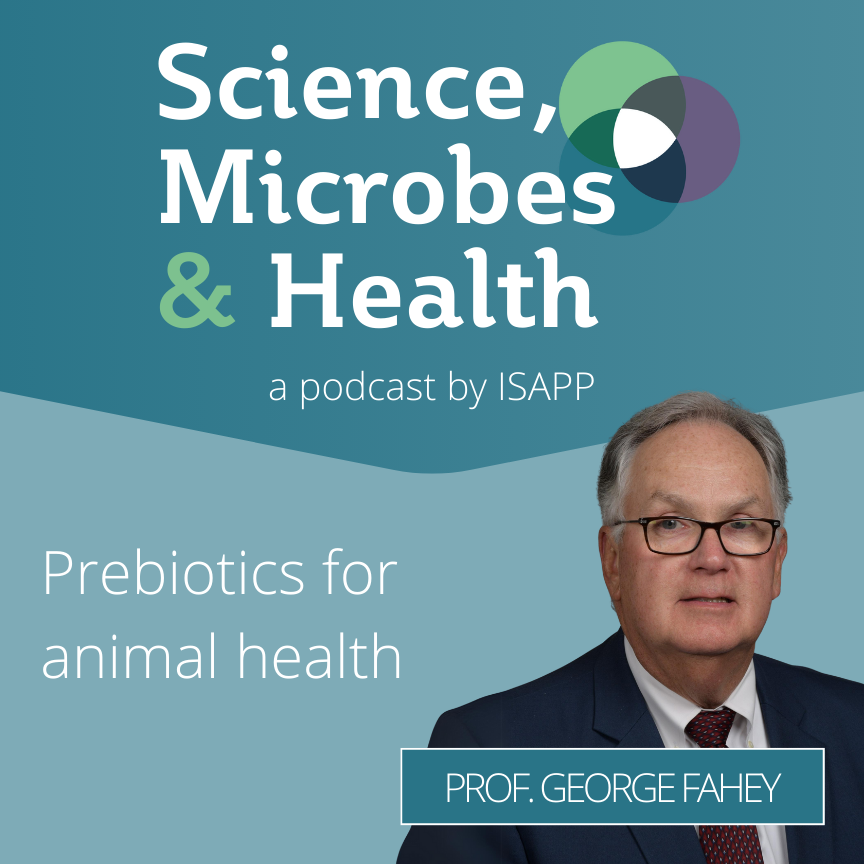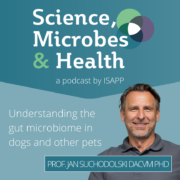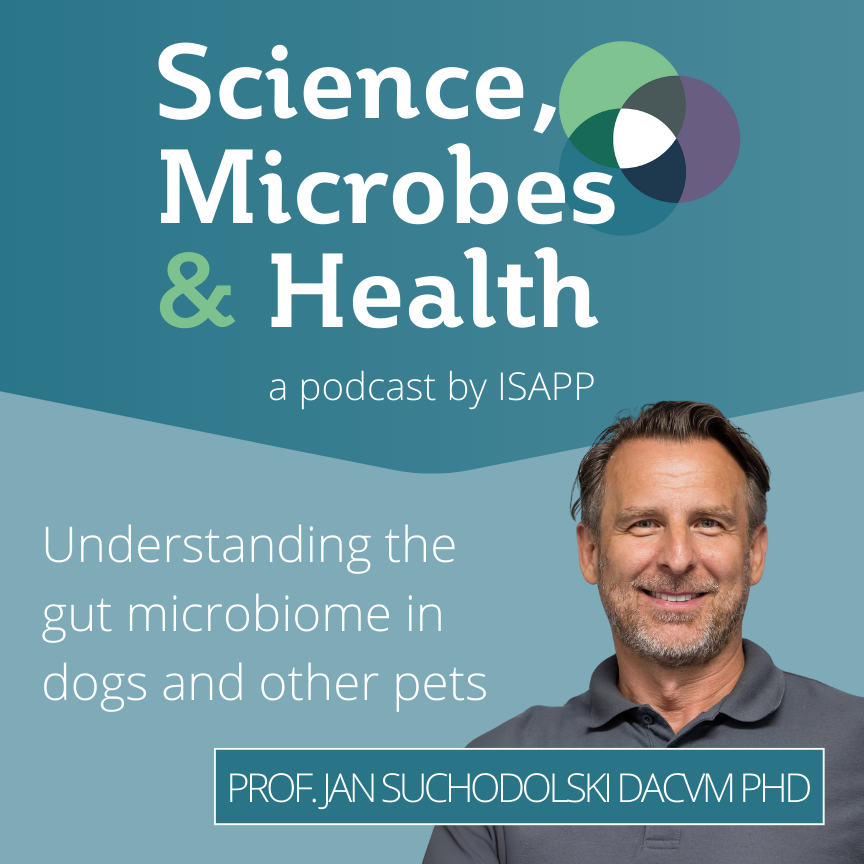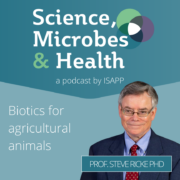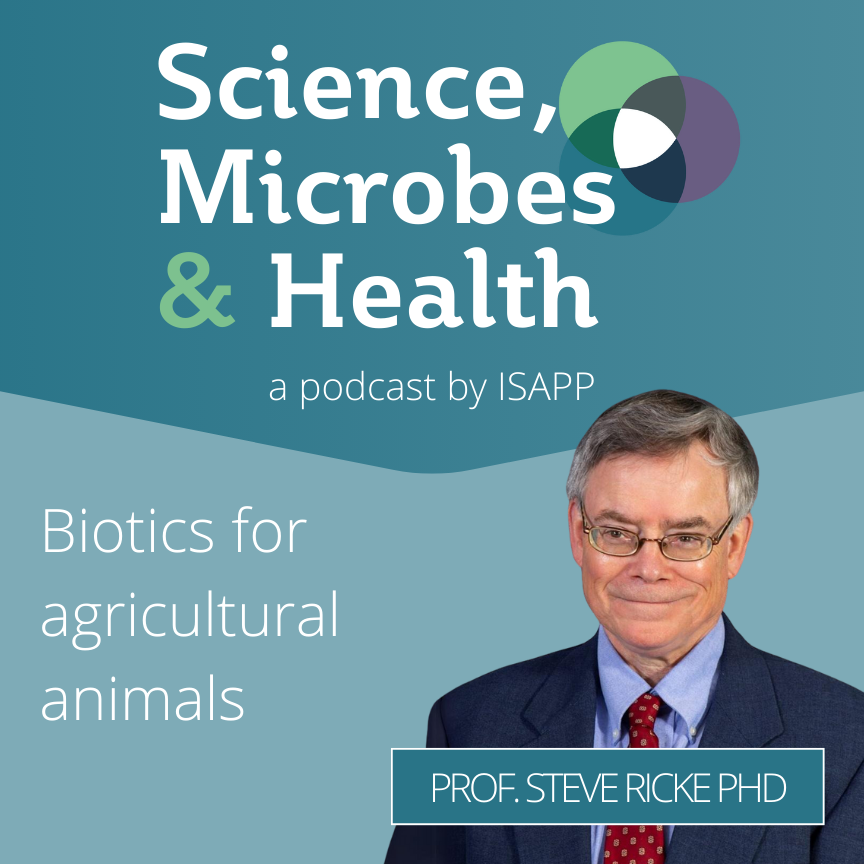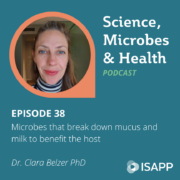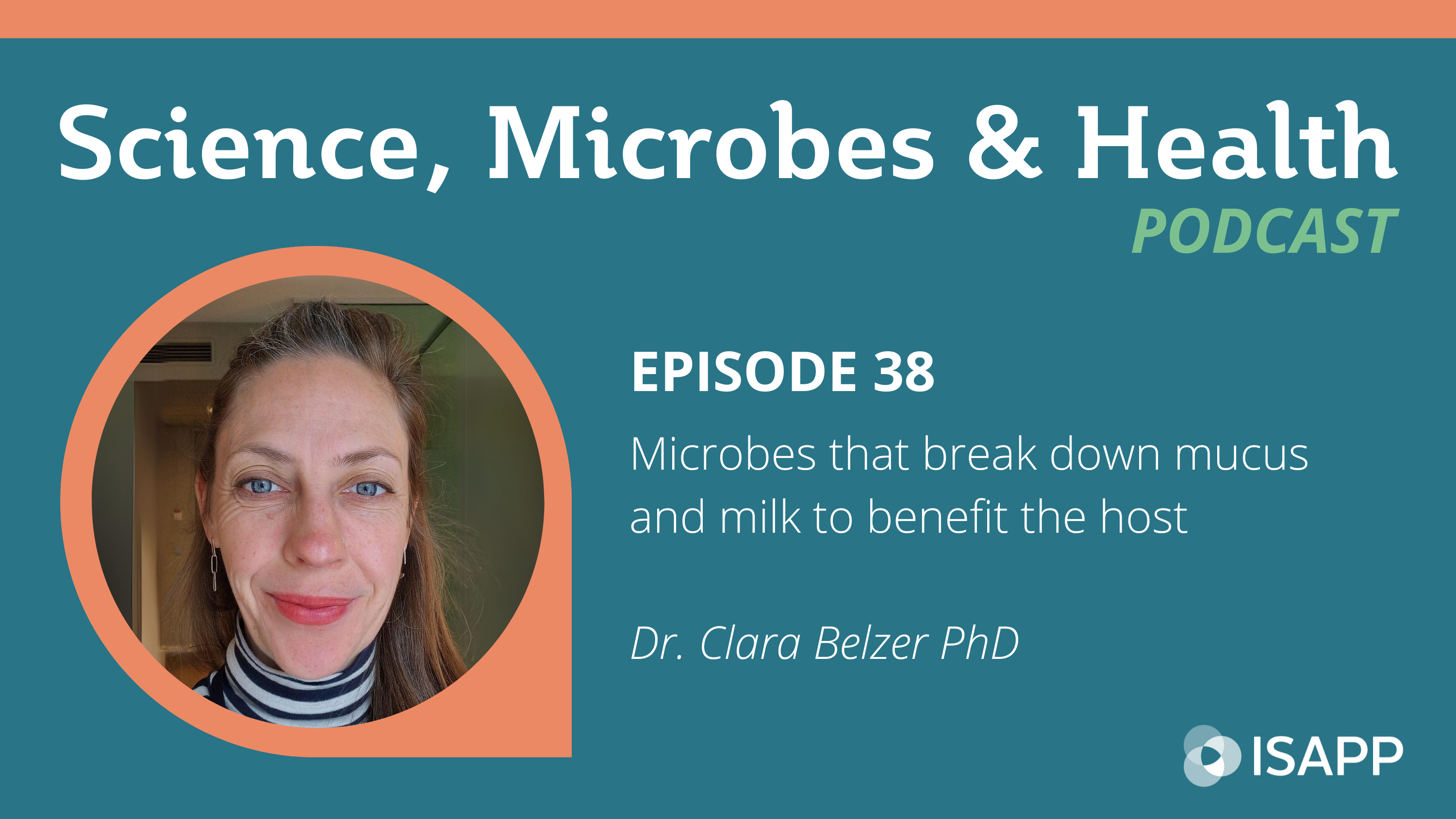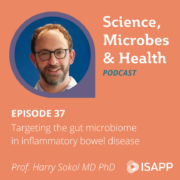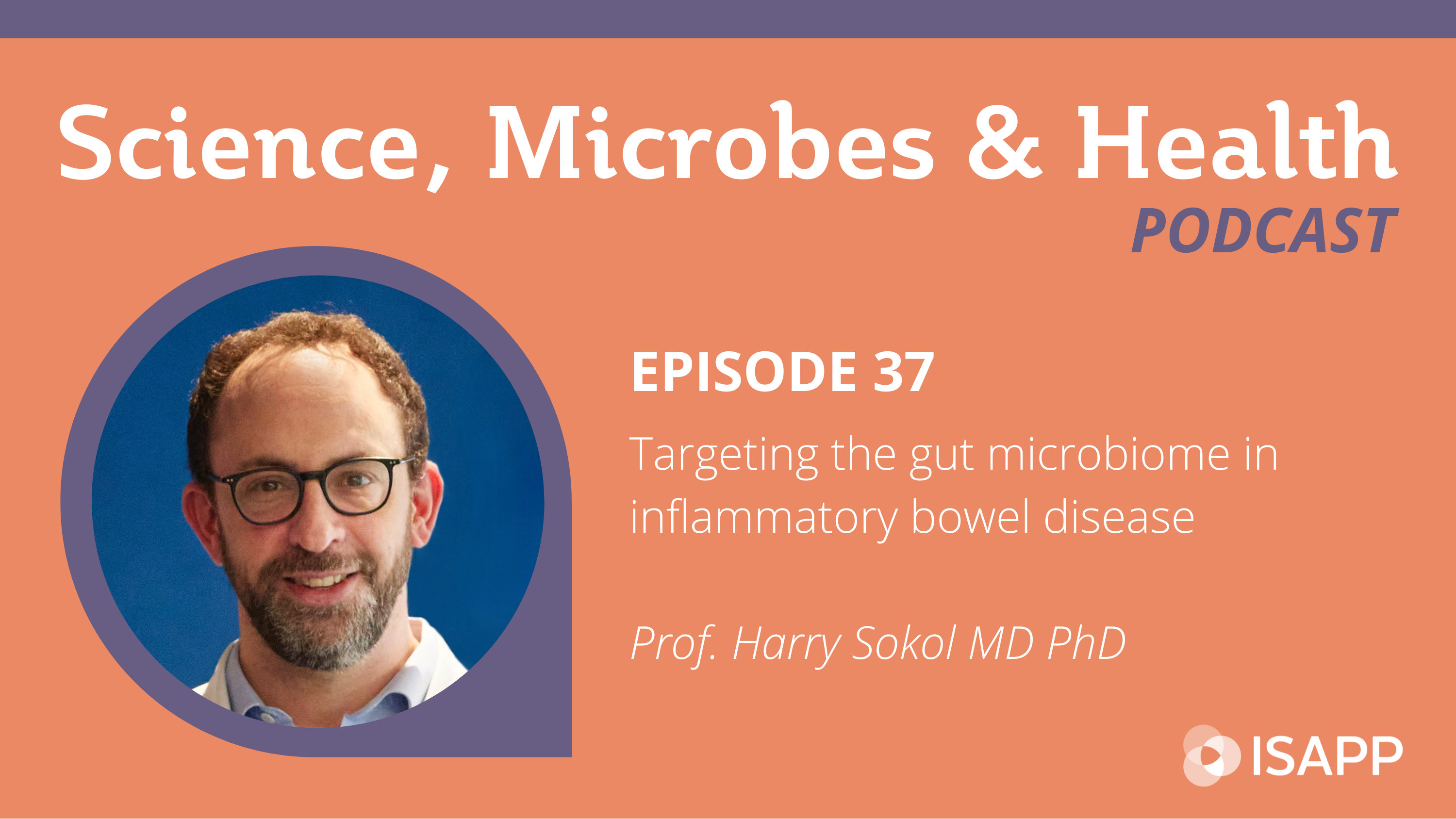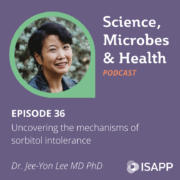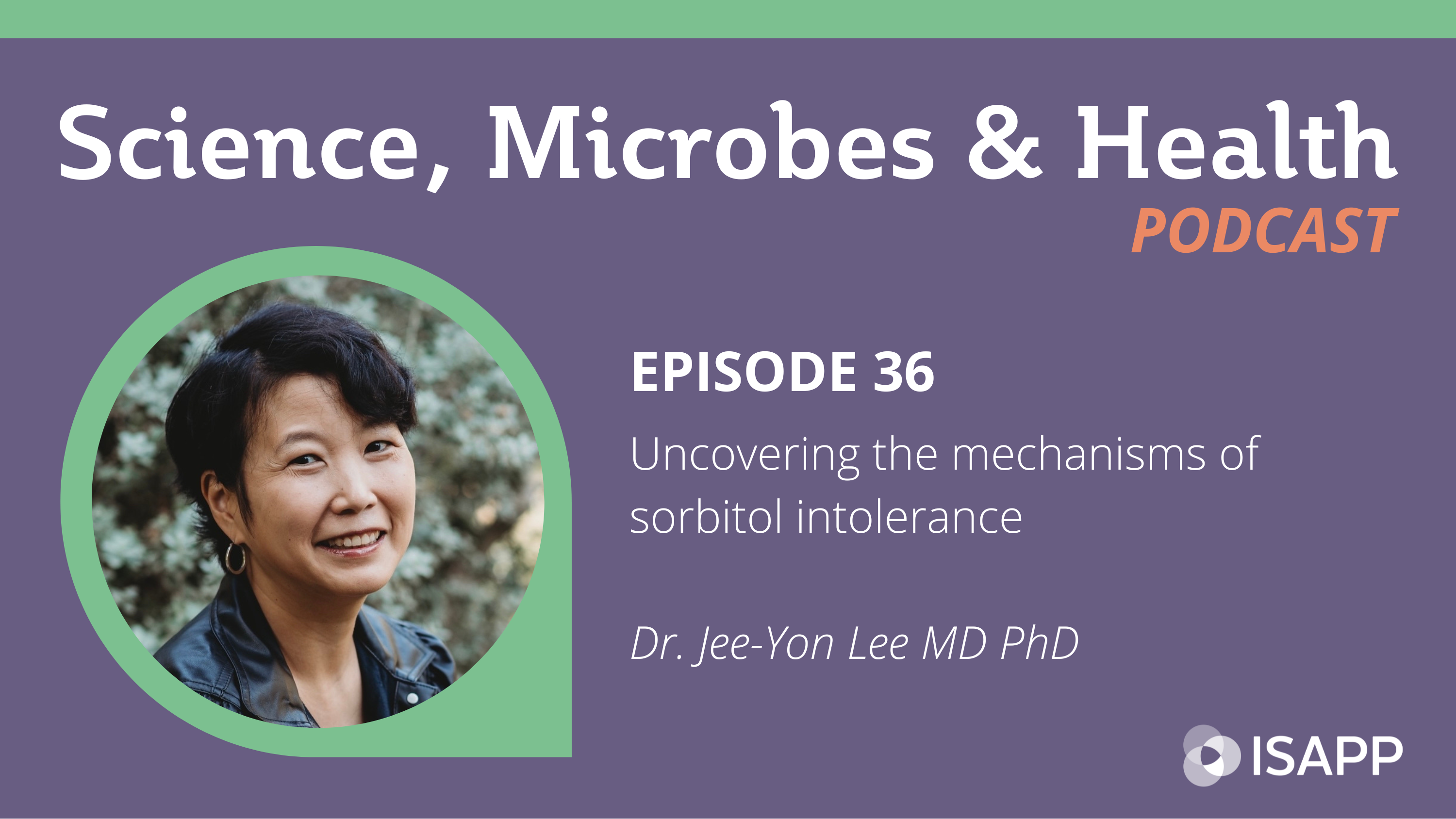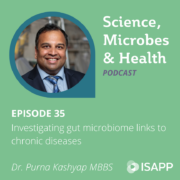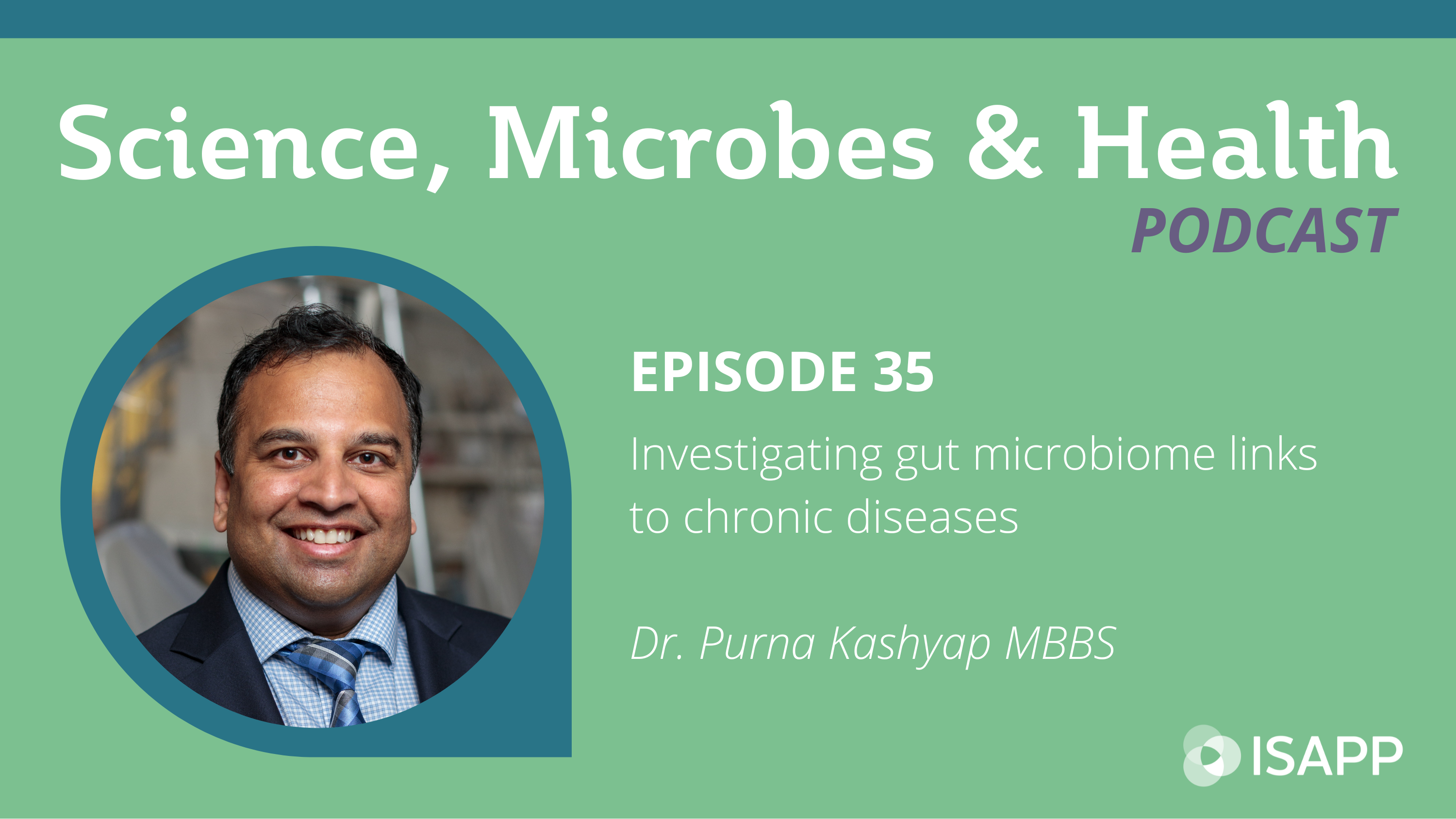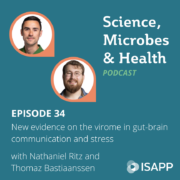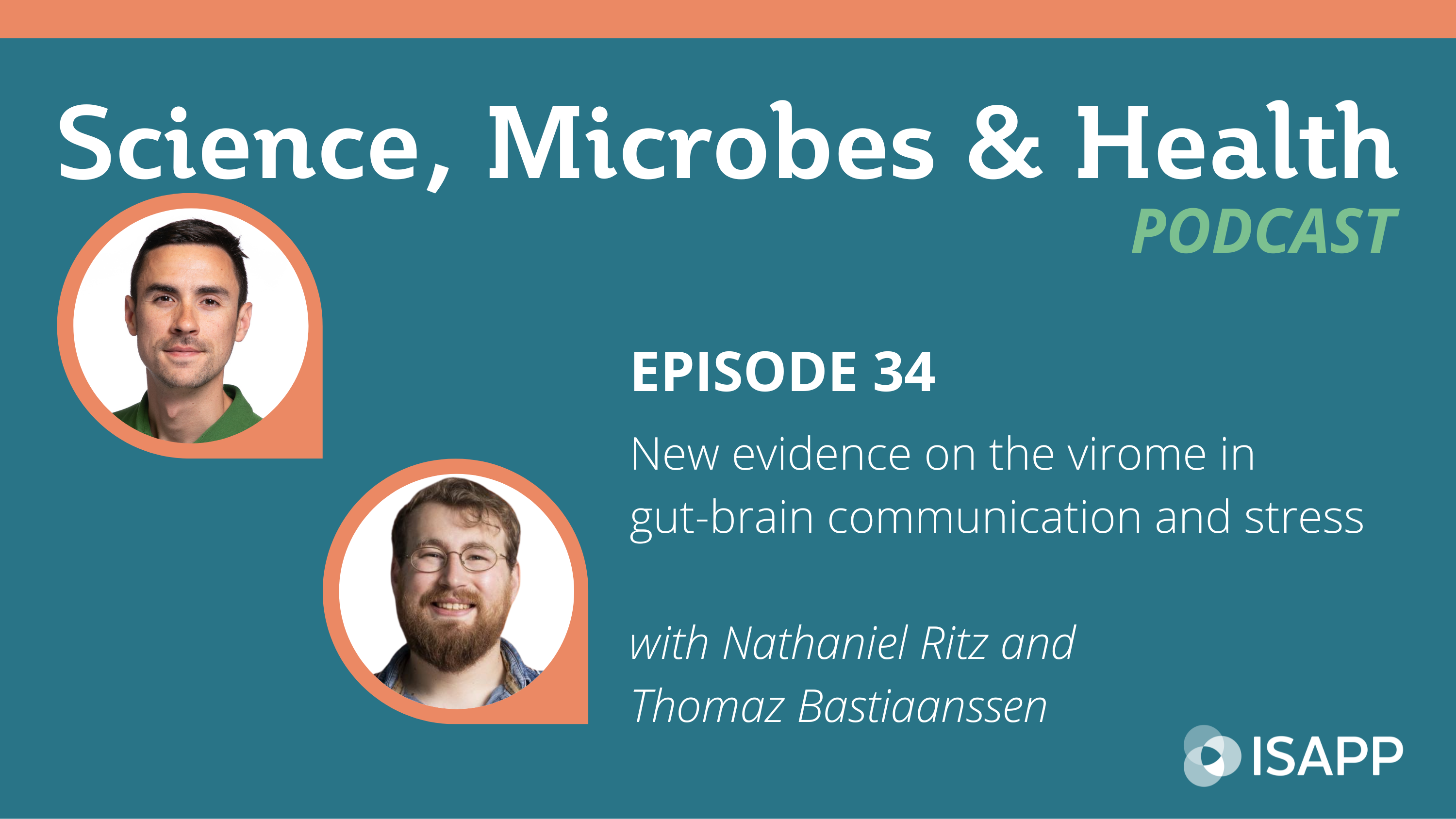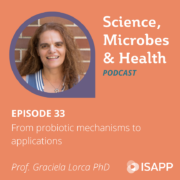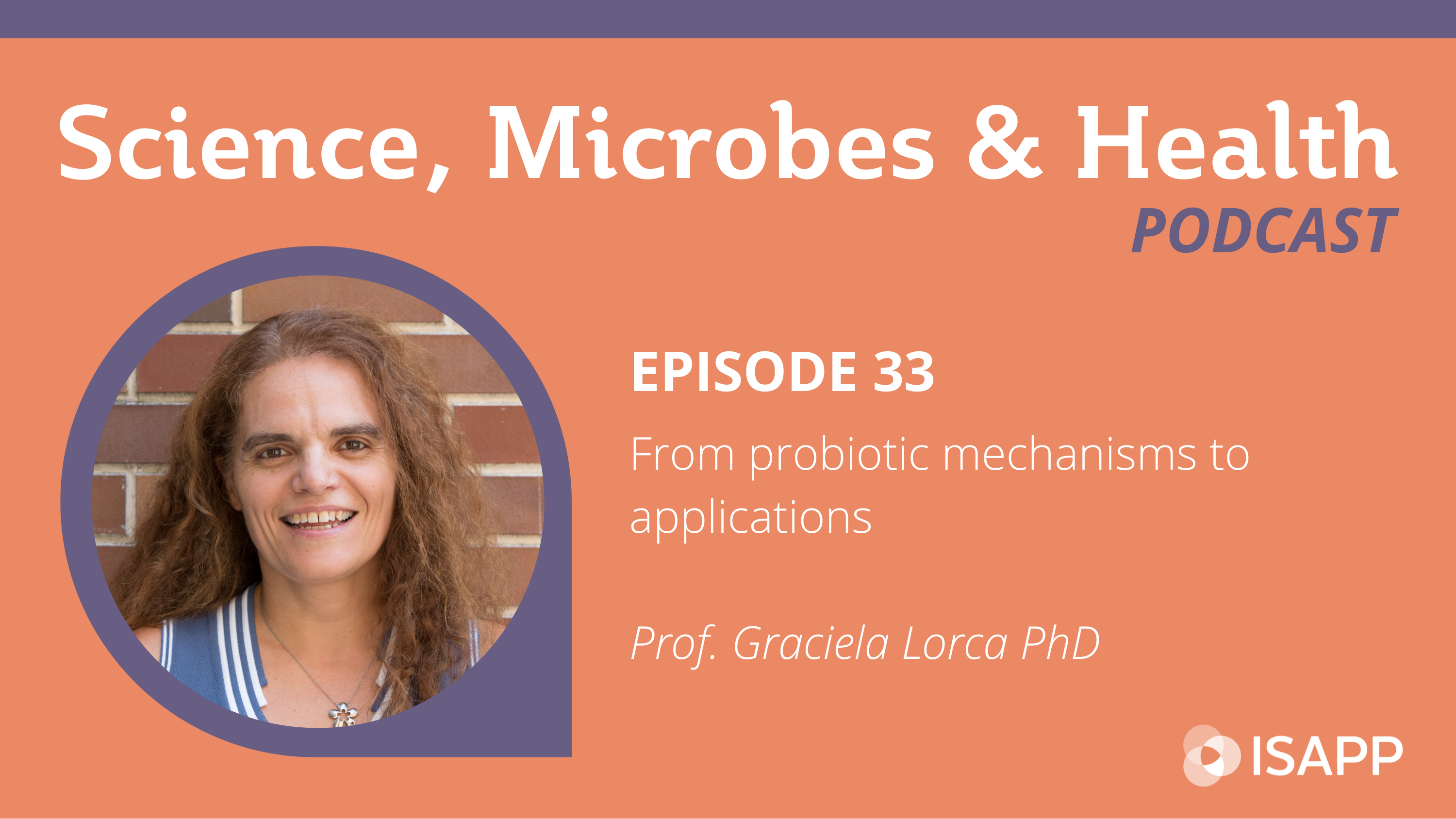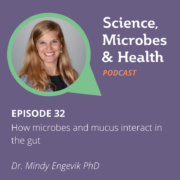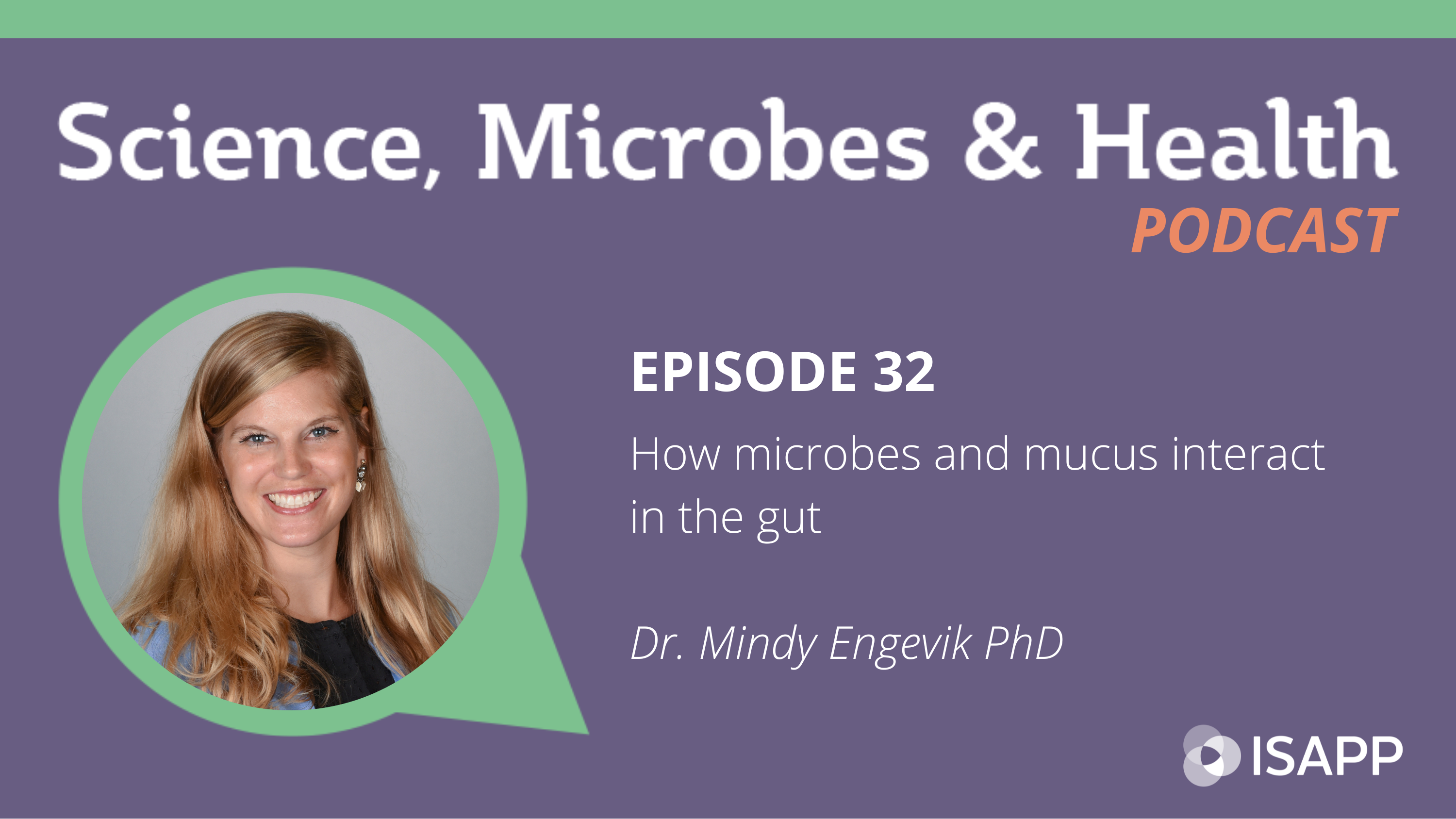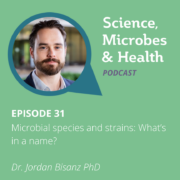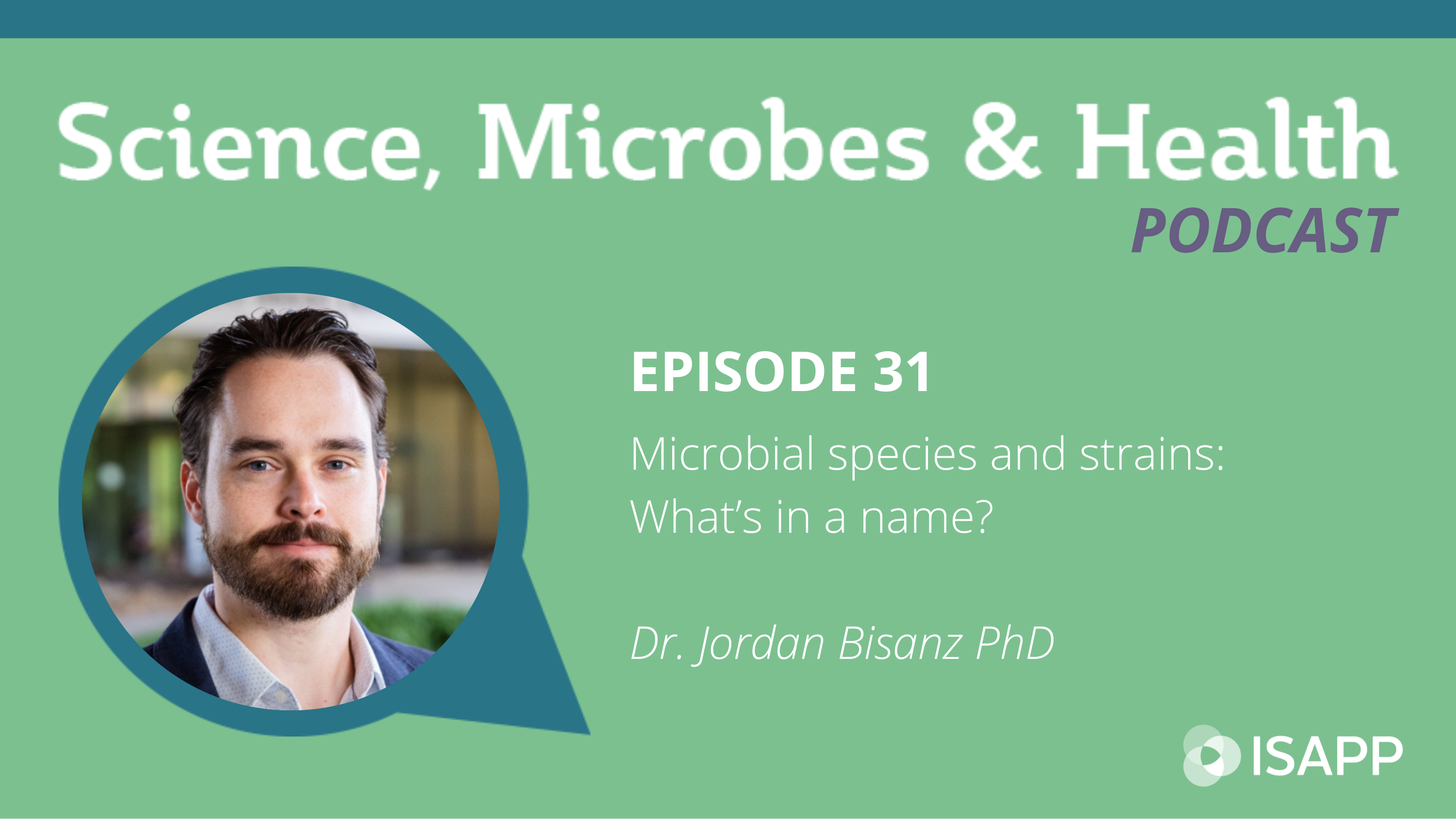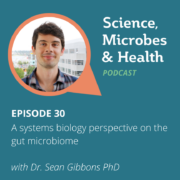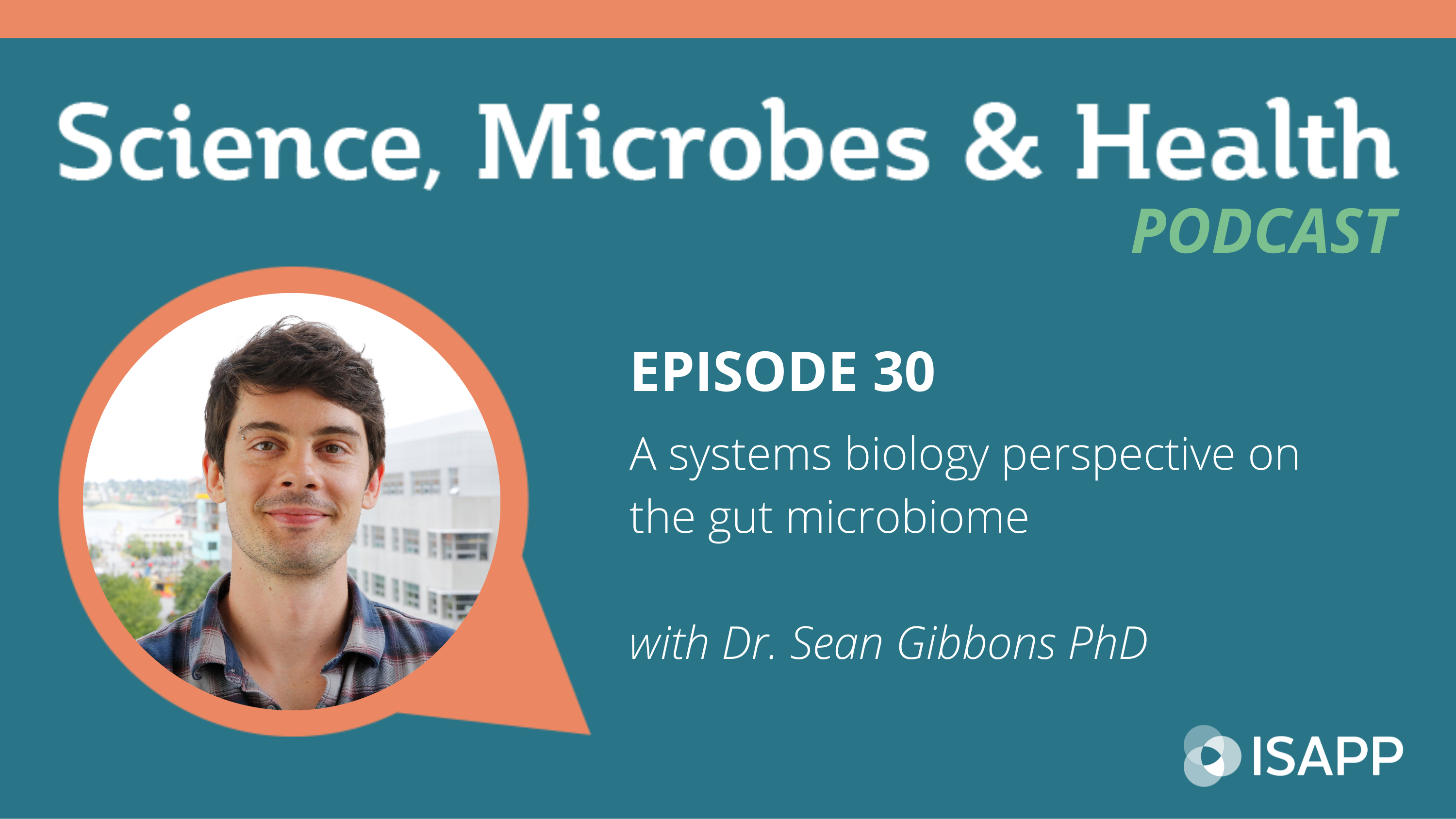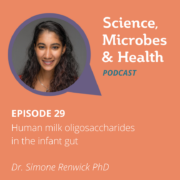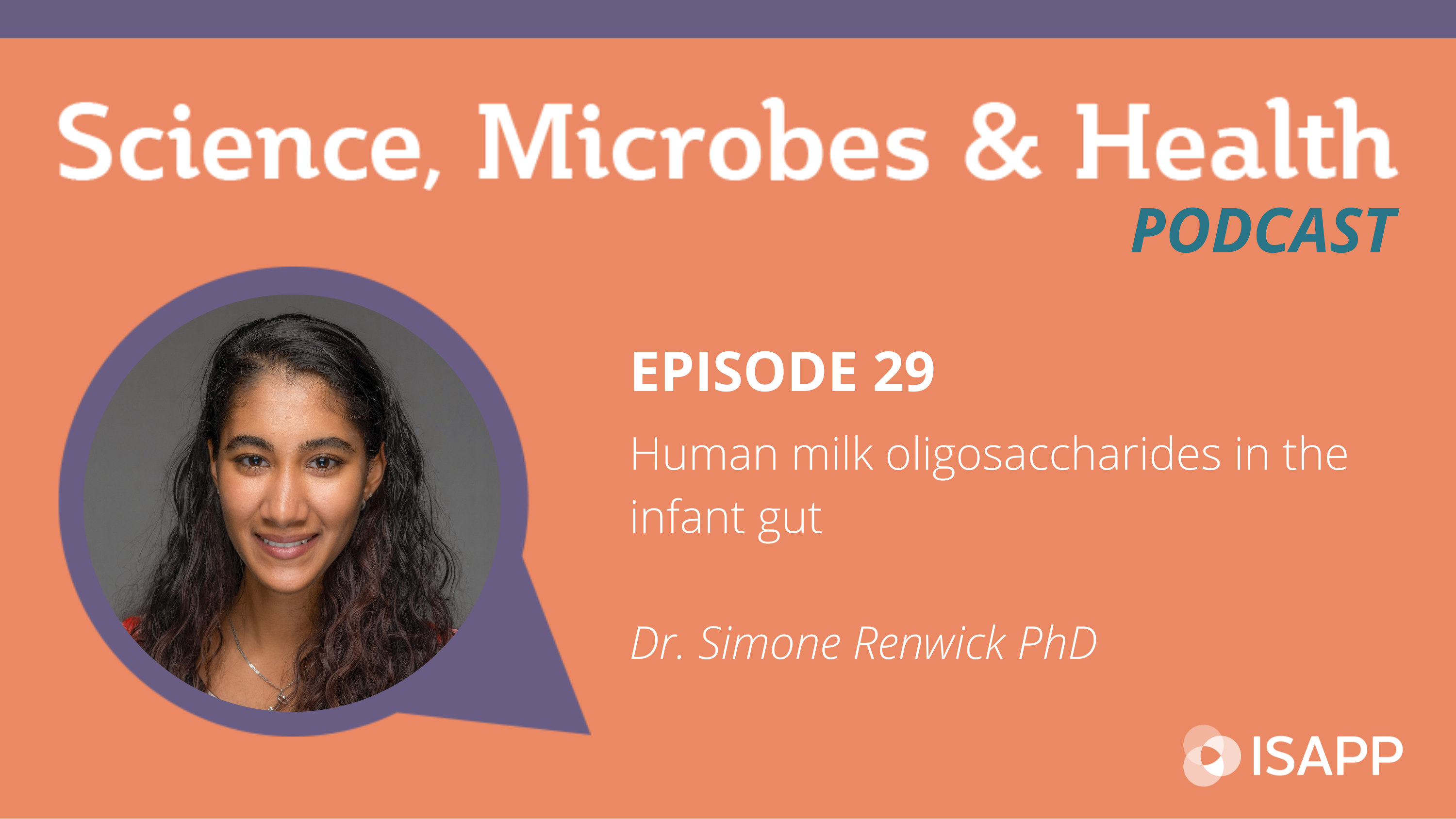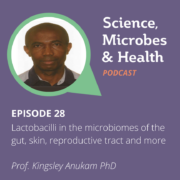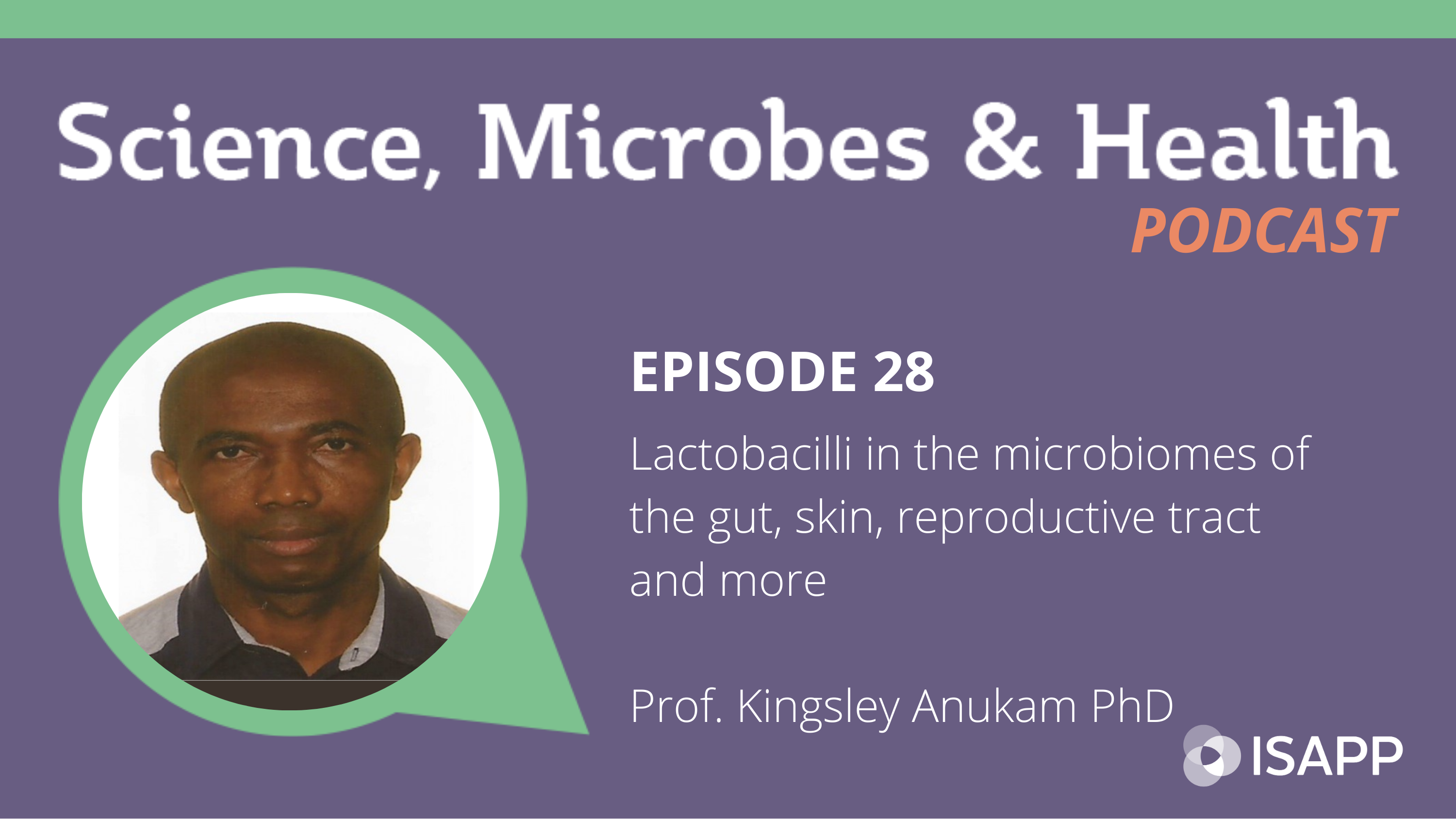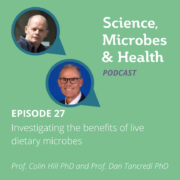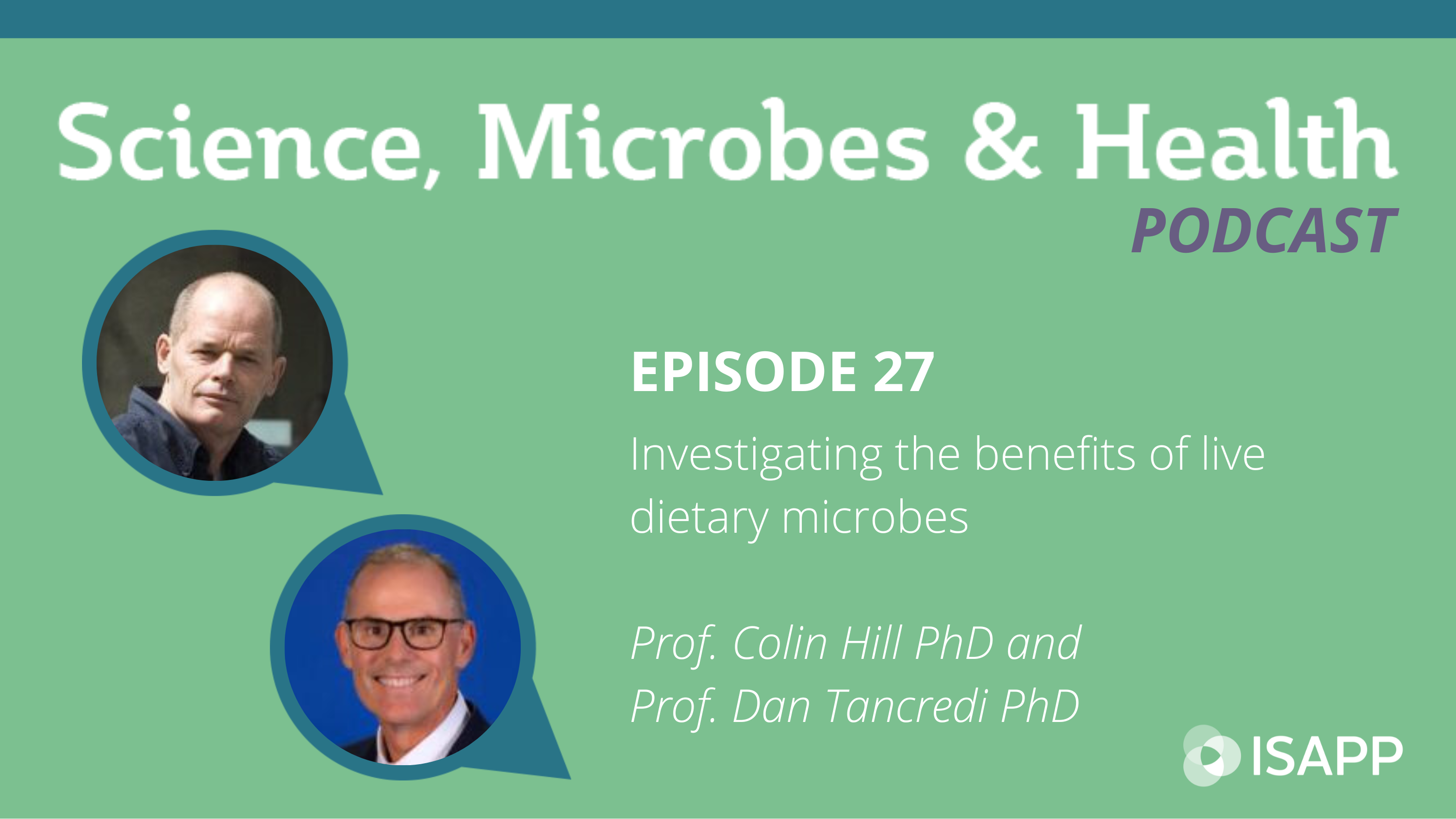Gut microbes and other drivers of inflammation in Parkinson’s disease, with Prof. Malú Tansey PhD and Dr. Andrea Merchak PhD
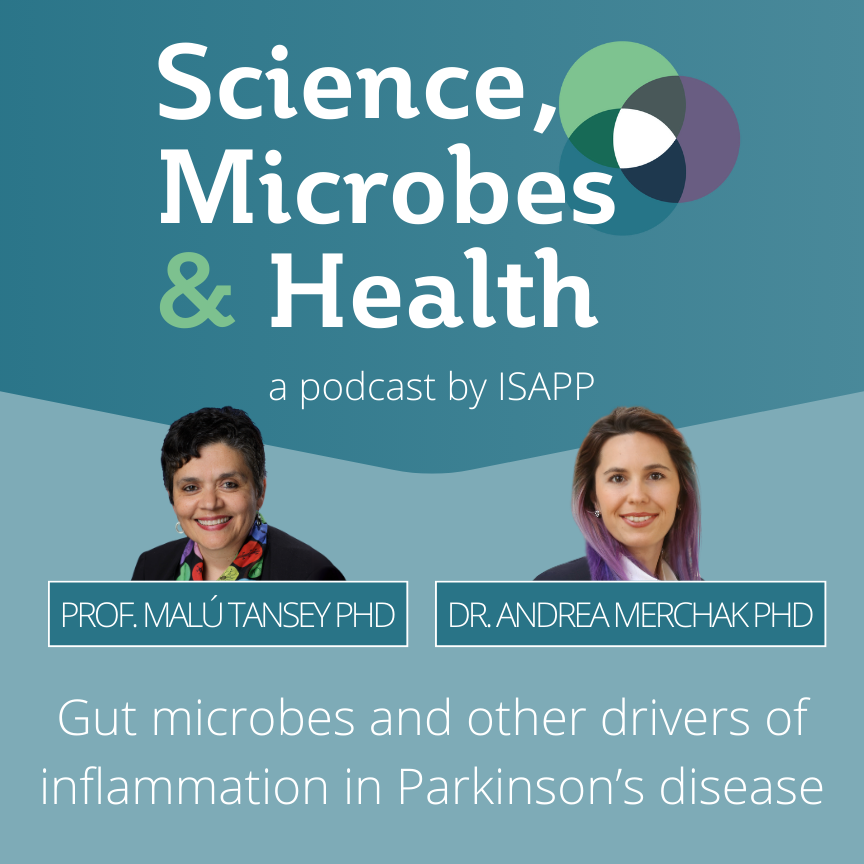
Podcast: Play in new window | Download
Subscribe: Apple Podcasts | Spotify | RSS
This episode features Prof. Malú Tansey PhD and colleague Dr. Andrea Merchak PhD from the University of Florida, USA, discussing neuroinflammation and the role of gut microbes in Parkinson’s disease (PD) and other neurodegenerative diseases. “Inflammaging” tends to occur as aging progresses, but the links that have been made between the gut and the brain in PD have led their group to the hypothesis that PD may be an age-acquired autoimmune condition. Genetic factors are relevant, although not everyone with PD has the predisposing genes. Those with a certain genetic mutation have a different immune phenotype from normal. Furthermore, the gut microbiota influences the immune system and the inflammatory environment within the body, with some metabolites known to cross the blood-brain barrier and influence the immune cells of the brain. Currently the group is focusing on using the gut microbiome, blood, and colonic biopsies to gain insights into the brain. A combination of diet and probiotics is promising as an intervention to prevent neurodegeneration as people age.
Episode abbreviations and links:
- Review on the fundamental role of neuroinflammation in Parkinson’s disease: Inflammation and immune dysfunction in Parkinson disease
- Post on bioRxiv showing immune similarities in people with PD and people with IBD: Peripheral Blood Immune Cells from Individuals with Parkinson’s Disease or Inflammatory Bowel Disease Share Deficits in Iron Storage and Transport that are Modulated by Non-Steroidal AntiInflammatory Drugs
- Review on the gut dysfunction in PD and whether it precedes brain pathology, with links to dysregulated immune activity: The gut-brain axis: is intestinal inflammation a silent driver of Parkinson’s disease pathogenesis?
About Prof. Malú Tansey PhD:
Malú Gámez Tansey, Ph.D. is the Norman and Susan Fixel Chair in Neuroscience and Neurology and former Director of the Center for Translational Research in Neurodegenerative Disease at the University of Florida. Her lab focuses on the role of inflammation and immune system responses in brain health and neurodegenerative disease, with particular focus on central-peripheral neuroimmune crosstalk and the gut-brain axis, with the long-term goal of developing better therapies to prevent and/or delay these diseases.
Dr. Tansey obtained her B.S/M.S in Biological Sciences from Stanford University and her Ph.D. in Cell Regulation from UT Southwestern followed by post-doctoral work in neuroscience at Washington University. As head of Chemical Genetics at Xencor, she co-invented novel soluble TNF inhibitors that have now advanced to clinical trials in Alzheimer’s disease. She returned to academia as an Assistant Professor of Physiology at UT Southwestern in 2002 and was recruited to Emory University School of Medicine as a tenured Associate Professor in 2009. After 10 year at Emory and rising to the rank of Full Professor where she earned several mentoring awards
from students and faculty for her efforts in championing early-stage investigators, women and other under-represented groups in STEM, she was recruited to the Department of Neuroscience in the College of Medicine at the University of Florida, where she served on the
executive committees for the McKnight Brain Institute and the Fixel Institute for Neurological Diseases. She will be moving to the Stark Neuroscience Research Institute at Indiana University in Indianapolis in January of 2025 as the first Director of Neuroimmunology Research and Executive Associate Director of Education at the Stark NRI.
About Dr. Andrea Merchak PhD:
Andrea Merchak, Ph.D. is a Gator Neuroscholar Postdoctoral Associate at the University of Florida. She obtained her B.S. at Centre College with a focus on behavioral neuroscience and her Ph.D. from the University of Virginia. There, her thesis work explored the link between the gut microbiota and the brain in mood disorders and multiple sclerosis. Her current work explores the relationship between gut health and genetic predispositions for neurodegeneration. She has received recognition for her work through the Young Scientist Award from the International Prebiotics, Probiotics, and Gut Microbiome Conference, the
Outstanding Graduate Student Award from the University of Virginia, as well as a track record of funding from the NIH. She will be moving to the Stark Neuroscience Research Institute at Indiana University in Indianapolis in March of 2025 as an Assistant Professor of Neurology.

